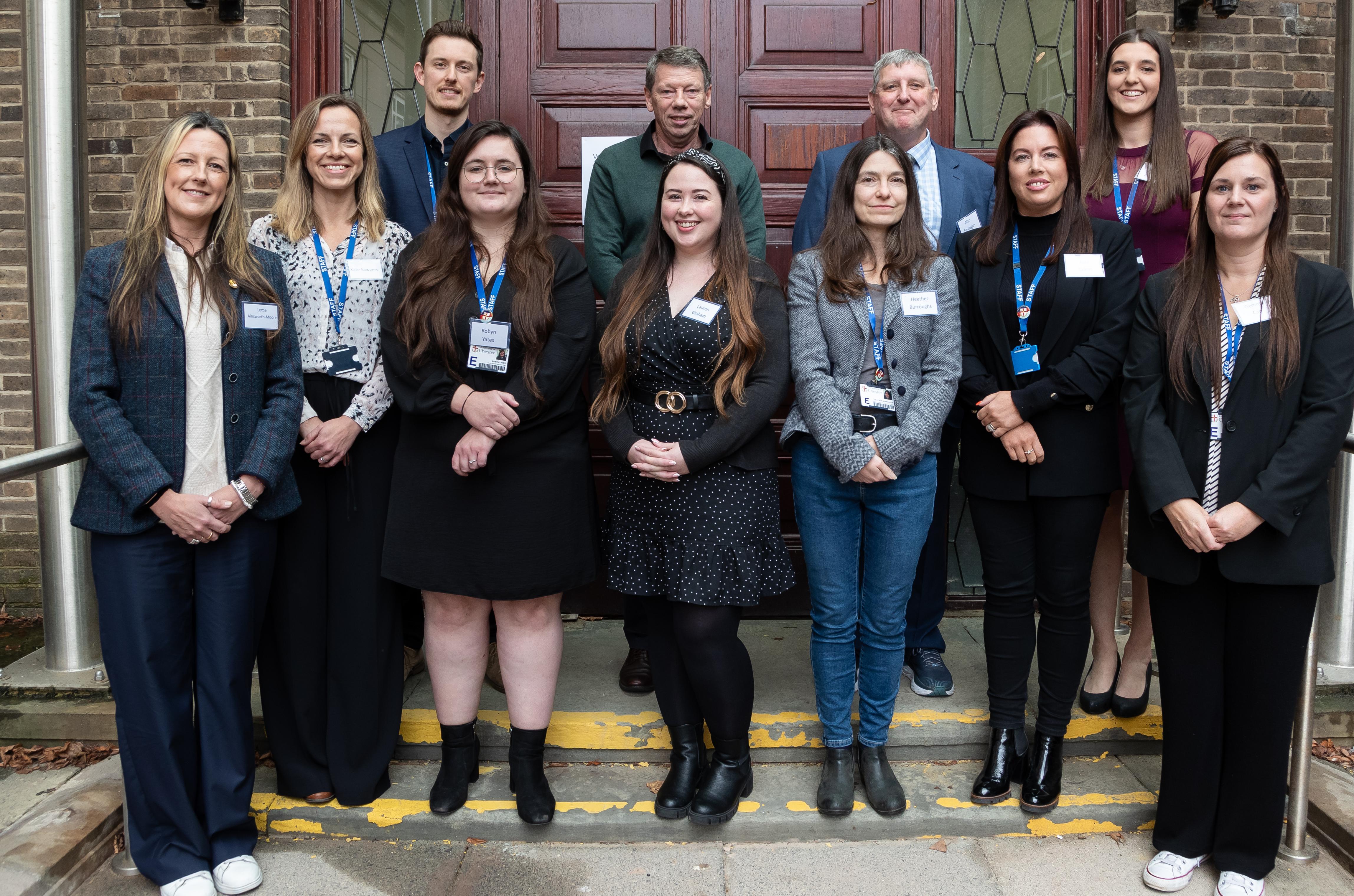Employment experiences of military partners revealed in new report
A new report examining the employment experiences of the partners of Armed Forces personnel has been launched by the University of Chester’s Westminster Centre for Research in Veterans.

October 14, 2024